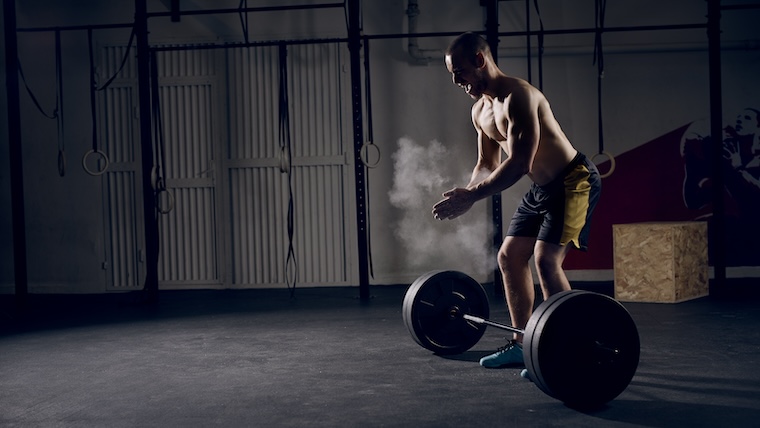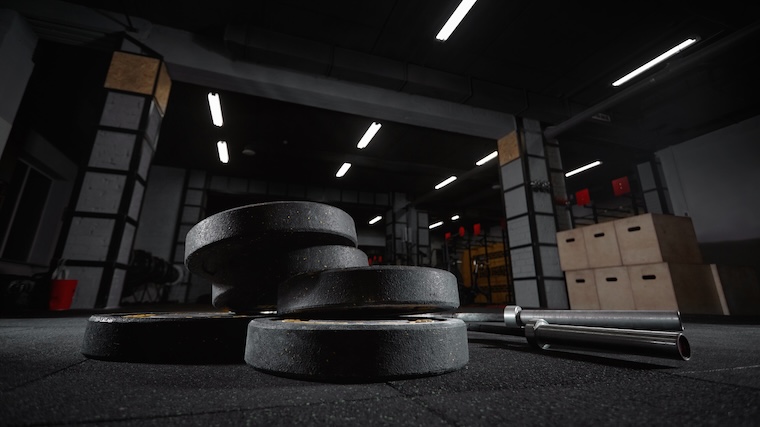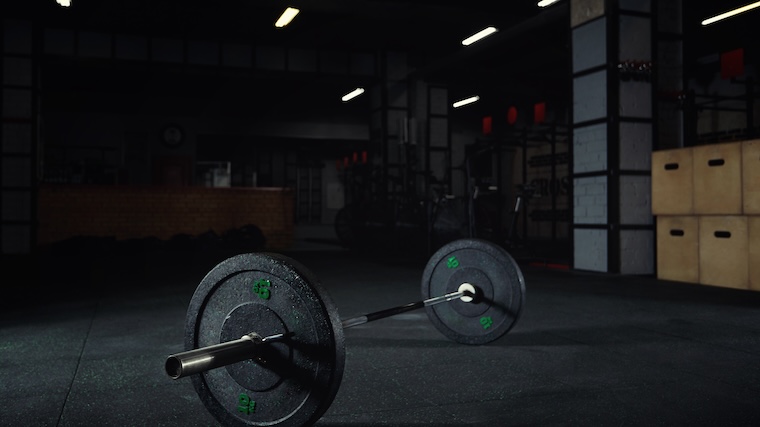In 2022, Dr. Tamas Ajan and Olympic champion Nicolae “Nicu” Vlad were banned from weightlifting’s bureaucracy for life, one year after being charged with “tampering and collusion” in the now-famous McLaren report. Alongside them was Hasan Akkus, then-president of the Turkish Weightlifting Federation (TWF).
In Jan. 2023, Akkus was banned from the sport’s governance for four years for “tampering with the results management process” after 21 Junior Turkish male weightlifters tested positive for steroids.

[Related: 2024 European Weightlifting Championships Results]
What Happened
The charges were laid by the International Testing Agency (ITA), which carries out all anti-doping procedures for the IWF. Akkus has always denied any wrongdoing. He appealed against his ban at the Court of Arbitration for Sport (CAS).
In January 2024, a CAS panel found that Akkus’ conduct “was deceptive and reprehensible, and … prone to create severe damage to the federations which had entrusted him with top-level positions…”
Despite that and evidence of falsified documents, Akkus was cleared. He had not broken any specific anti-doping rule.

Akkus made a short statement at the EWF Congress in Sofia, Bulgaria, in Feb. 2024, pointing out that he had never resigned as president — he had merely “stepped aside” during the legal process. “My innocence is confirmed,” he told member federations at the time.
However, Akkus faces another battle in a Swiss court: The IWF wants the CAS decision annulled. The bizarre case of the 21 doping cases started in November 2012, and it is not over yet.
Who Is Hasan Akkus?
61-year-old Akkus, former professor at Selçuk University Faculty of Sports Sciences was general secretary of the EWF for nine years and president of his national federation from 2004 until 2013.
In a 2021 interview with insidethegames, Akkus said he had always struggled to combat doping in Turkish weightlifting, which took root “when we had a lot of coaches from Bulgaria.”
Many times I discussed with the government that things were very dangerous, that there was a doping culture in weightlifting.
When Akkus campaigned for the EWF presidency in 2021, he highlighted the need for reforms in the sport. He criticized the McLaren investigation, saying it was wrong for the report’s findings to be used against him. Akkus was elected in April 2021 and “stepped down” in June when the ITA charged him.
Turkish Weightlifters on Steroids: The Positive Samples
In November 2012, the IWF, then ruled by Ajan and, unlike now, responsible for its own anti-doping procedures, sent doping testers to Russia, Bulgaria, Turkey, Romania, and elsewhere before the European Junior and U23 Championships in Eilat, Israel. Two training camps were targeted in Turkey: 21 Juniors tested positive for the compound stanozolol. The CAS Ruling states:
The testing authority and results management authority was the IWF.
The analysis results arrived during the Eilat Championships. In-competition samples were taken where possible, and five of the 21 returned positive.
What Happened Next: The Backdated Letter
“This is very heavy and bad for my federation and myself,” Akkus said in a private email to the IWF on Jan. 17, 2013, which is repeated word for word in the CAS document. Akkus asked Ajan to help.
Turkey was liable to be banned and fined heavily. Akkus said in a recent interview in the Turkish media that the fine would have been $400,000.

Akkus asked the IWF to retrospectively switch responsibility for the results management to Turkey, thereby avoiding the ban and fine because the 21 cases would be national, not international. Athletes are still banned for national doping violations, but they do not count towards any sanctions imposed internationally.
Akkus ended by saying, “I hope Mr. Ajan … can help me. Please delete this e-mail after reading.”
The CAS panel reports that Ajan said he would help, but everything must be secret:
Please make sure that no information is leaked to the press or other parties since it would endanger you and your federation’s position.
In January 2013, the IWF sent Akkus a letter suggesting the correct wording of a document, which would be dated Nov. 5, 2012. It later issued a press release that said the TWF had uncovered a doping scandal and praised it for its actions. On Feb. 5, an email to Akkus from IWF legal counsel Monika Ungar said:
Following the several press releases, I wish to inform you…The IWF transfers the results management of the out-of-competition cases to the Turkish Federation.
Akkus’ counsel instructed an independent expert to analyze electronic files to identify the time and date of relevant documents. The expert reported that there had been no manipulation: the letter had been created on November 5.
The ITA instructed another forensic expert to examine the November 5 letter. He reported: “The context in which this letter was created and sent back and forth leads to the conclusion that it was backdated…” It was done “possibly by simply setting back the computer clock to Nov. 5, 2012.”
All the doping cases were now national. Turkey would not be suspended. Akkus made a public statement, accepted responsibility for a doping scandal on his watch (for five in-competition tests, with no mention of the 21), and resigned from his IWF and TWF positions. However, he stayed in weightlifting, becoming general secretary of the European Federation.
Why Akkus Won His Appeal
The CAS judgment states:
While the panel is satisfied that Mr. Akkus did wrong when he backdated the letter, the question remains whether these actions constitute an ADRV (anti-doping rule violation).
The panel ruled that they did not. There is nothing in the specific definition of a doping violation to cover his actions regarding results management. The IWF is expected to take further action.
BarBend will continue to update this story as more information becomes available.
Disclaimer: Brian Oliver is an Independent correspondent for BarBend. The views and opinions expressed on this site do not necessarily reflect his own. Oliver is not directly affiliated with any of BarBend’s existing media partnerships.
Featured image via Shutterstock/baranq
The post 21 Doping Cases of Young Turkish Weightlifters; Fallout Drags on 12 Years Later appeared first on BarBend.

